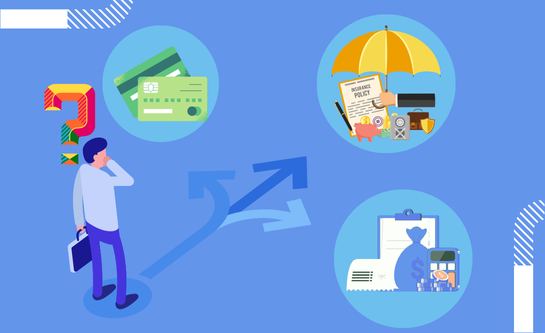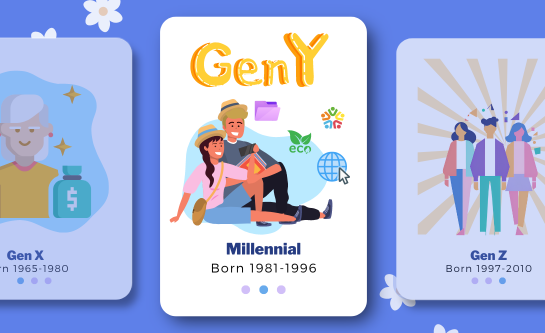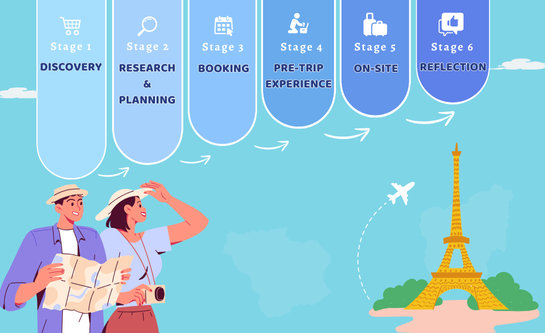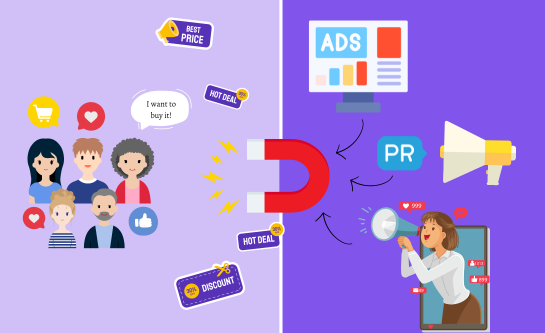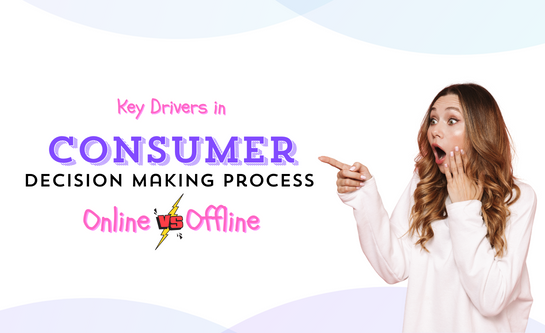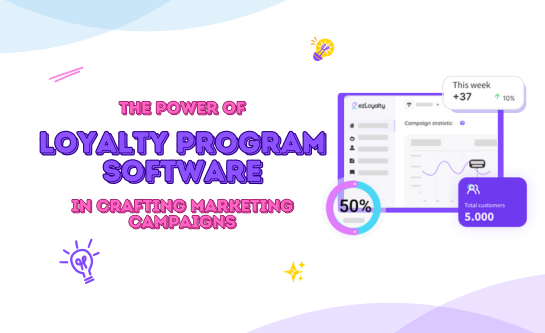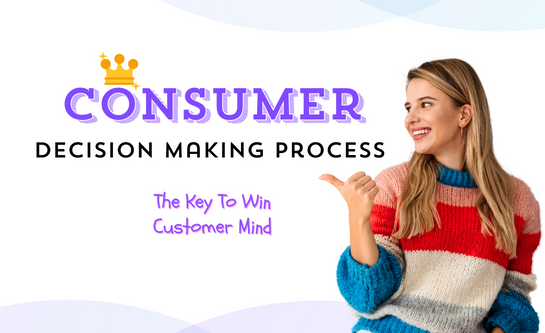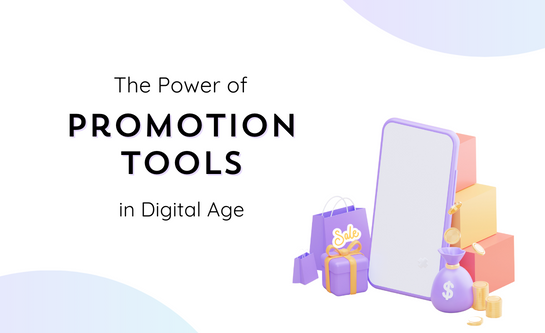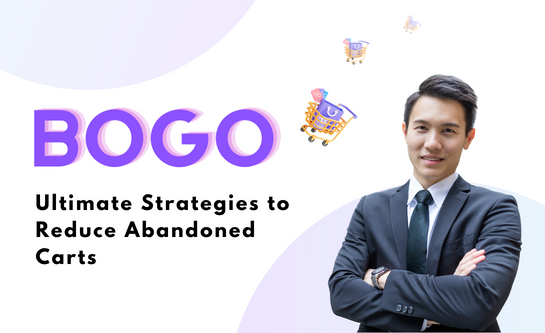How does a consumer know if a purchase is a good deal
 Jun 04th, 2024
Jun 04th, 2024
 502 views
3 MINS READ
502 views
3 MINS READ
In the E-commerce industry, the concept of a “good deal” is a major driver guiding consumer behavior. Yet, this concept does not refer to a normal concept of affordability, it intertwines with complex psychological processes that shape perceptions and decisions. Businesses striving to attract and retain customers must investigate deeper into consumer psychology to unlock the complexities of what forms a worthwhile investment. Hence, we will examine the diversified nature of consumer evaluation and offer insights for businesses seeking to navigate this complex terrain.
1. Perceived Value
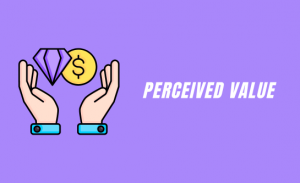
At the heart of consumer decision-making lies the concept of perceived value—a subjective assessment of a product or service’s worth relative to its cost. While price is a significant component, perceived value is influenced by various factors, including quality, functionality, durability, and brand reputation. Businesses can enhance perceived value by highlighting unique selling points, emphasizing benefits over features, and crafting compelling value propositions that resonate with consumer needs and preferences.
2. Comparison and Reference Points
Consumers rarely make purchasing decisions in isolation. Alternatively, they rely on comparison and reference points to measure the attractiveness of a deal. These points of reference can include previous purchases, personal experiences, competitor offerings, and market prices. Businesses can leverage this tendency by positioning their products or services favorably relative to competitors, highlighting comparative advantages, and providing clear differentiation through innovative features or superior performance.
3. Social Proof
Humans are inherently social beings and tend to seek validation and reassurance from others when making decisions. Social proof—evidenced through testimonials, reviews, ratings, and endorsements—is critical in shaping consumer perceptions of value and trustworthiness. Businesses can harness the power of social proof by actively surveying and showcasing positive feedback from satisfied customers, cultivating a community of brand advocates, and fostering authentic engagement across social media platforms.
4. Scarcity and Urgency
The fear of missing out (FOMO) is a potent psychological motivator that drives consumer behavior, compelling individuals to act swiftly in response to perceived scarcity or urgency. Limited-time offers exclusive deals, and scarcity-based tactics can create a sense of urgency. Consumers often evaluate these promotion tactics as good deals as they perceive them as rare opportunities. However, businesses must exercise caution to avoid exploiting them and prioritize transparency and integrity in their marketing efforts.
5. Risk Perception and Trust
Consumers inherently weigh the risks associated with a purchase, including financial risk, performance risk, and social risk. Trust is a critical mitigating factor, influencing perceptions of reliability, credibility, and integrity. Businesses can build trust by fostering transparent communication, upholding ethical standards, and delivering exceptional customer experiences . Furthermore, businesses can instill confidence and long-term loyalty by addressing consumer concerns and risks.
6. Emotional Drivers
Emotions play a profound role in consumer decision-making, often overshadowing rational considerations and driving impulse purchases. Positive emotions such as excitement, joy, and anticipation can enhance the perceived value of a deal, while negative emotions such as fear, guilt, or regret can discourage consumers from making a purchase. Businesses can leverage emotional drivers by crafting compelling narratives, evoking sentimentality, or tapping into consumers’ aspirations and desires, thereby forging deeper emotional connections.
7. Cognitive Biases
The human mind is prone to various cognitive biases that can alter perceptions and judgments, leading to irrational decision-making. Anchoring bias, confirmation bias, and loss aversion are just a few examples that can influence how consumers evaluate deals. Businesses must be aware of these biases and strive to present information in a clear, transparent manner, avoiding manipulative tactics. As a result, businesses can foster trust and credibility in their interactions by promoting cognitive awareness and empowering consumers to make informed choices.
Conclusion
In consumer psychology, the evaluation of a good deal emerges as a combination of perceptual, emotional, and cognitive factors. By understanding and leveraging these underlying dynamics, businesses can refine their offerings, optimize pricing strategies, and cultivate meaningful consumer relationships. Essentially, success lies in perceived value with consumer expectations. So it fosters great customer relationships and nurtures engagement at every stage of the customer journey. Businesses’ understanding of consumer psychology remains critical in driving sustainable growth and cultivating lasting brand loyalty.
 Back to blog page
Back to blog page


























